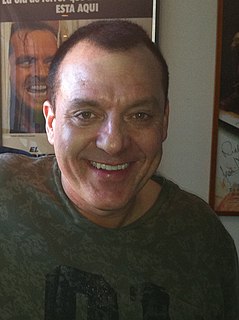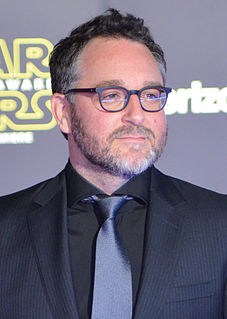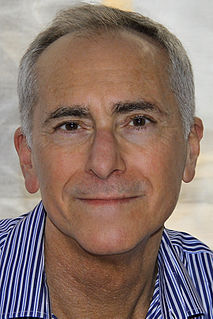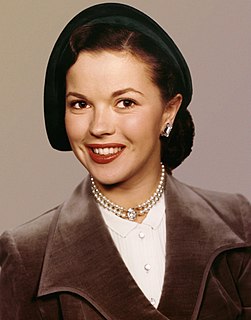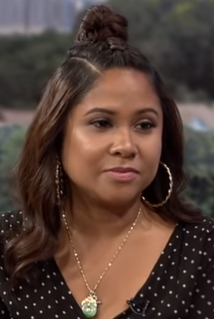A Quote by Warren Beatty
When I came to Hollywood, I would take the opportunity to get to know George Stevens or Willy Wyler or Billy Wilder or Freddie Zinnemann. David Lean I got to know, of course, in London. And David Selznick and Darryl Zanuck, not to mention Jack Warner, and Sam Goldwyn was actually very, very nice to me.
Related Quotes
[David Lean's] images stay with me forever. But what makes them memorable isn't necessarily their beauty. That's just good photography. It's the emotion behind those images that's meant the most to me over the years. It's the way David Lean can put feeling on film. The way he shows a whole landscape of the spirit. For me, that's the real geography of David Lean country. And that's why, in a David Lean movie, there's no such thing as an empty landscape.
A few years ago I lost one of my dearest friends. He died at age 53 - heart attack. David is gone, but he was one of my very special friends. I used to say of David that if I was stuck in a foreign jail somewhere accused unduly and if they would allow me one phone call, I would call David. Why? He would come and get me. That's a friend. Somebody who would come and get you.
I was very scared when I saw it, because Dune was for me very important in my life. I was very sad I could not do it. When I saw that David Lynch would do it, I was very scared, because I admire him as a movie-maker, and I thought he would do well. But when I see the picture, I realize he never understood this picture. It's not a David Lynch picture. It's the producer who made that picture, no? Who made this horror. For David Lynch, it was a job. A commercial job. It never was that for me.
I love every aspect of the show. I've been very involved. It was important for me to be very involved in, you know, all of the creative elements. And so, you know, it - David, you know, being brought onto the show, you know, that - I always just wanted to make sure that we maintained the sophistication and intelligence of (the) - and the comedy that we were able to establish in the mini-series.
David's [Cunningham] a very interesting character. He has more integrity than is good for him. So, everything he did after that sort of undermined what he'd done. Other people who kind of took life more cheaply, would have really gone for it. David almost did everything he could to scupper the whole thing, which I very much admire, but of course it was deeply irritating then, because we wanted to make a bit of money! So we made this very catchy tune and then he added a bunch of weird stuff which was all very strange.

